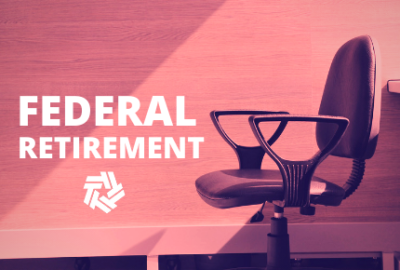

Worried about how you will survive the next recession? While you’re at it, maybe you should worry about the recession-after-next. And the one that follows it.
Worried about how you will survive the next recession? Concerned that it will be worse than the 2007-09 downturn? While you’re at it, maybe you should worry about the recession-after-next. And the one that follows it. Because stuff happens!
During that early 2000s super Bear Market, millions of investors lost billions of retirement nest egg dollars. The stock market plunged almost 50%. A heart-stopper for most investors. Especially if they are close to retirement, and even more so if already retired on a fixed pension. Many moved their TSP and 401(k) into “safer” bonds or treasury securities to protect them from losses. But they missed out on the stock market rebound.
Many private sector employees were also forced to take pay cuts ranging from 5-25% in order to protect their jobs. And some companies — including several well-known investment management giants — stopped giving their own employees matching 401(k) contributions, so they could stay afloat. Federal workers did without pay raises for two years. But there were no recession-triggered layoffs. In fact, many agencies grew. The TSP continued to give investors a matching government contribution of up to 5%. Further proof that it’s nice to be in a plan that covers members of Congress too. And workers with enough time in service continued to get WIGs (within-grade raises) worth about 3% every one, two or three years based on their time in government.
Benefits expert Tammy Flanagan said don’t focus entirely on the next recession, whether it is two years, or two weeks, away. Her advice: “What about the next recession. And the next few recessions? Be prepared because it is always something: War, recession, the roof of your house caves in. Always something.” Her advice, particularly for people who are retirement eligible or close to retirement is: Think about waiting. Maybe a delay of two years. In an earlier column, she pointed out that an $80,000 per year fed who works an extra two years — from 60 to 62 — will boost their starting annuity by almost $30,000. That’s also important because while CSRS retirees get full cost of living adjustments no matter when they retire, FERS retirees don’t get any COLA until age 62. Then it’s minus 1% if inflation exceeds 3%. Currently it is running much, much higher. So are you ready? For retirement, the next recession, or both? The Employee Benefit Research Institute says many retirees — federal and private — are not well prepared for retirement. Among other things it says:
Koalas sleep up to 18 hours a day. They need to conserve energy because eucalyptus is so low in nutrients.
Source: World Wildlife Fund
Copyright © 2025 Federal News Network. All rights reserved. This website is not intended for users located within the European Economic Area.
Mike Causey is senior correspondent for Federal News Network and writes his daily Federal Report column on federal employees’ pay, benefits and retirement.
Follow @mcauseyWFED


